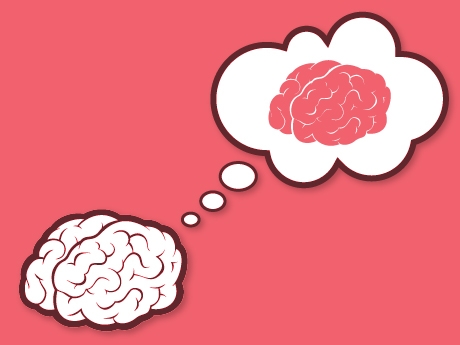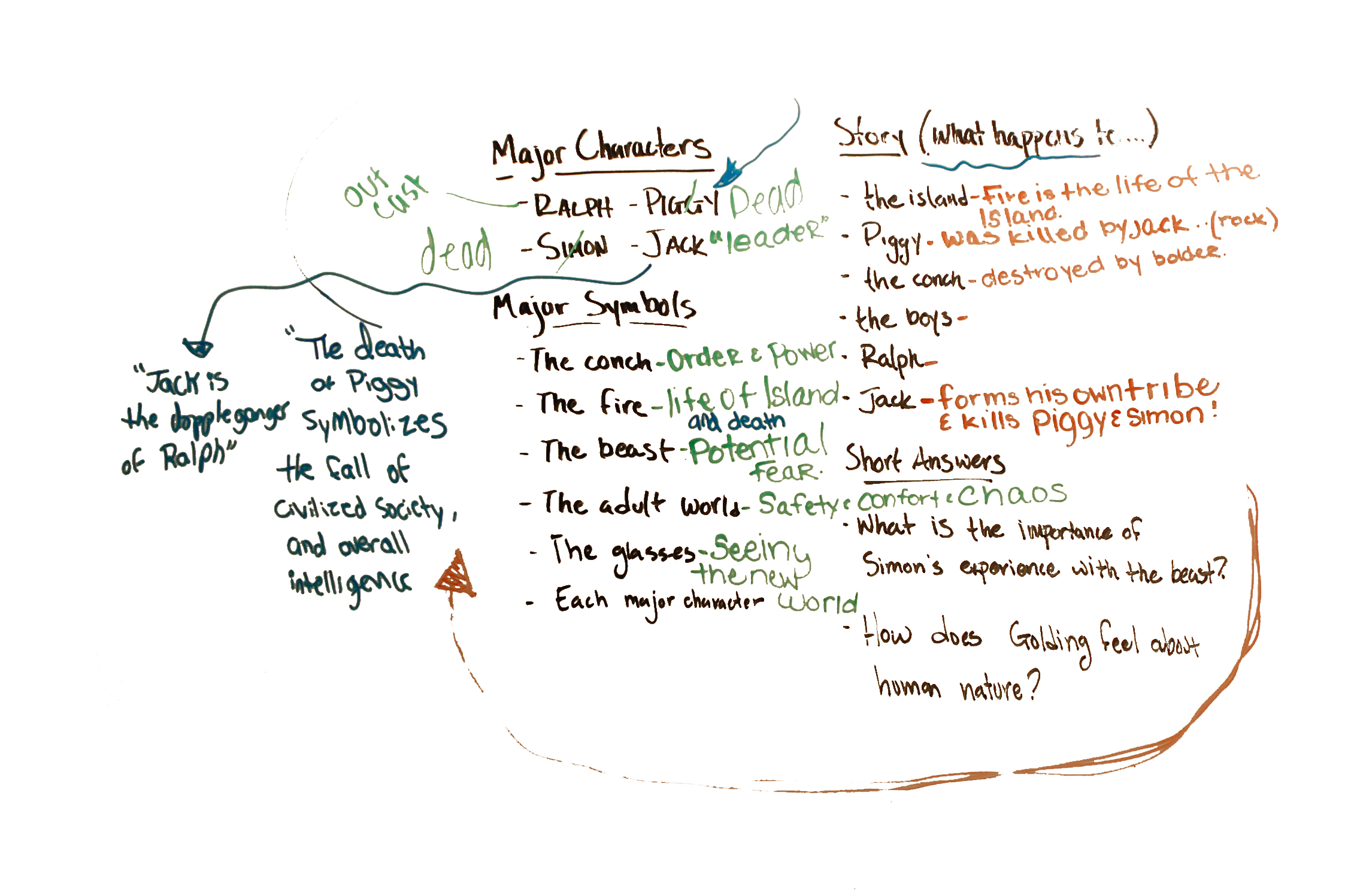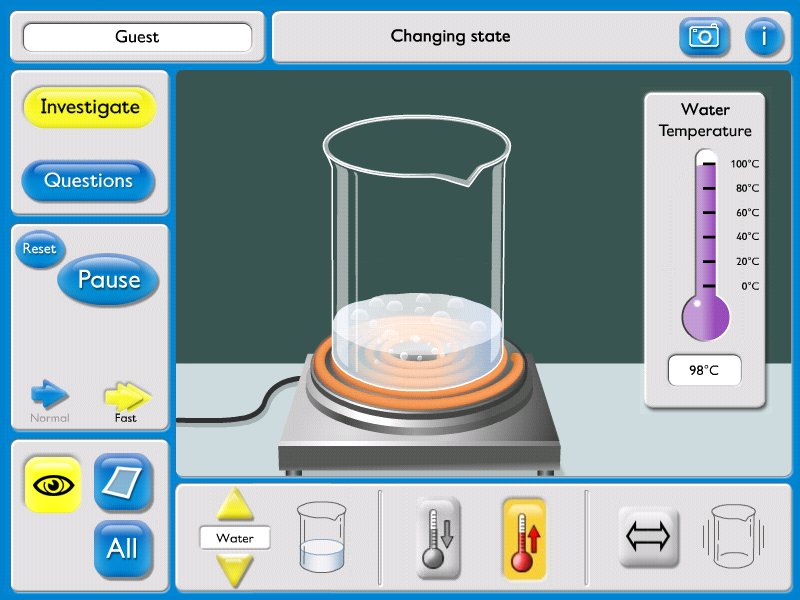Research Overview
The Cognition And Memory in Education and Learning (CAMEL) Lab investigates the basic principles of learning, cognition, and metacognition in order to improve educational outcomes of students. Using basic research, mathematical models, and applied research, we hope to further our understanding of the processes and functions of human cognition so that we can more effectively structure education. Our research pursues four general themes towards this goal: reminding, metacognition, offloading cognition, and science simulations.

Research Areas
Remindings
We are interested in how the presentation of information can be structured to promote high levels of memory and generalization. To that end, we have explored how remindings, rather than repetitions, benefit memory and have shown that recall of the first item in an associated pairs is superior to recall for the same items when no associate is presented. The benefits of reminding are far superior to simple repetition, and these results confirm predictions outlined in our reminding theory of the spacing effect (Benjamin & Tullis, 2010). Remindings enhance recall of the first presentation in the pair, without affecting recall for the second presentation or recognition of either (Tullis, Benjamin, & Ross, 2014). Further, we have shown that remindings influence the interpretation of ambiguous stimuli (Tullis, Braverman, Ross, & Benjamin, 2014). Remindings likely play a large role in cognition from perception to interpretation and memory.
- Benjamin, A. S., & Tullis, J. G. (2010). What makes distributed practice effective? Cognitive Psychology . [ PDF ]
- Tullis, J. G. , Benjamin, A. S., & Ross, B. H. (2013). The reminding effect: Presentation of associates enhances memory for related words in a list. Journal of Experimental Psychology: General . [ PDF ]

Metacognition
Learners make countless choices when they guide their own study. We are interested in what choices they make, how effective those choices are, and how they can be improved. We have shown that learners choose items for restudy (Tullis & Benjamin, 2012), judiciously use self-testing (Tullis, Benjamin, & Fiechter, submitted), and allocate study time across items (Tullis & Benjamin, 2011; Tullis, Benjamin, & Liu, 2014) to effectively improve memory. However, the effectiveness of learners' control depends upon the accuracy of their metacognitive monitoring globally (Tullis & Benjamin, 2011) and on an item-by-item basis (Tullis & Benjamin, 2012). The cues learners utilize to judge their learning direct the choices learners make. To this end, we have studied how learners judge their learning of categorized information (Hourihan & Tullis, 2014) and how experience affects learners' judgments of their own learning (Tullis & Benjamin, 2012).
- Peng, Y., & Tullis, J. G. (2020). Theories of intelligence influence self-regulated study choices and learning. Journal of Experimental Psychology: Learning, Memory, and Cognition . [ PDF ]
- Tullis, J. G. , Fiechter, J. L., & Benjamin, A. S. (2018). The efficacy of learners' testing choices. Journal of Experimental Psychology: Learning, Memory, and Cognition . [ PDF ]
- Tullis, J. G. , & Benjamin, A. S. (2011). On the effectiveness of self-paced learning. Journal of Memory and Language . [ PDF ]
- Tullis, J. G. , Finley, J. R., & Benjamin, A. S. (2014). Metacognition of the testing effect: Guiding learners to predict the benefits of retreival. Memory & Cognition . [ PDF ]

Offloading Cognition
We frequently generate mnemonic cues, like shopping lists, computer file names, and notes during meetings, to help us remember. Our research examines how learners offload memory processes onto the environment by generating mnemonic aids to support future retrieval. We have shown the learners' cues balance two oft competing goals - directing retrieval towards the correct target information while excluding distracting information (Tullis & Benjamin, 2015). Further, learners effectively modulate their mnemonic cues in response to different instructional demands, study list compositions, and intended audiences. These results provide a novel example of controlling their retrieval conditions and reveal metacognitively sophisticated tactics that learners use to effectively support future retrieval (Tullis & Benjamin, 2015 b).

Science Simulations
Finally, working with middle and high school public school teachers, we have studied how science simulations on computers can support durable learning and transfer. Our research suggests that unstructured interactions with a simulation have the potential to benefit later unstructured learning from novel simulations. This research has also shown that predictions lead to equal test performance but lower metacognitive judgments than postdiction.

